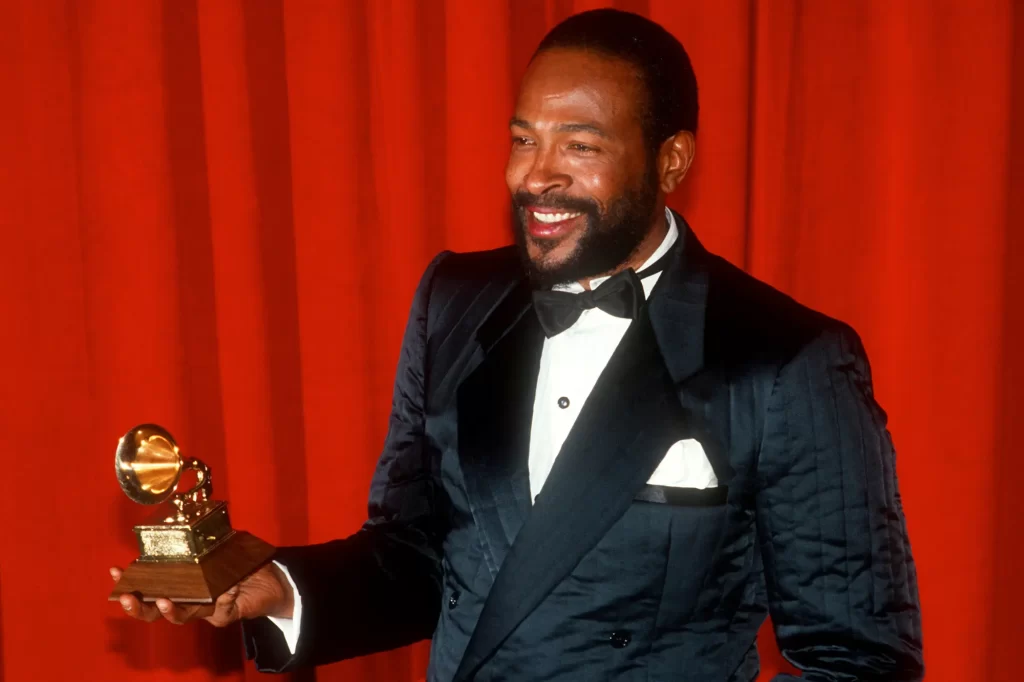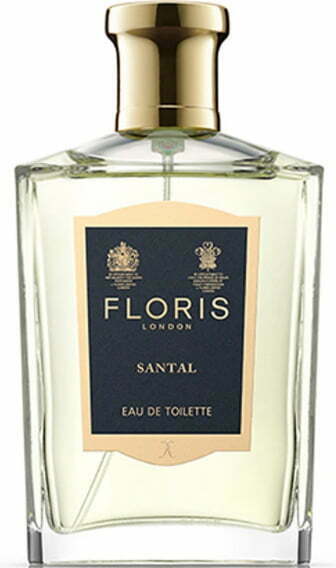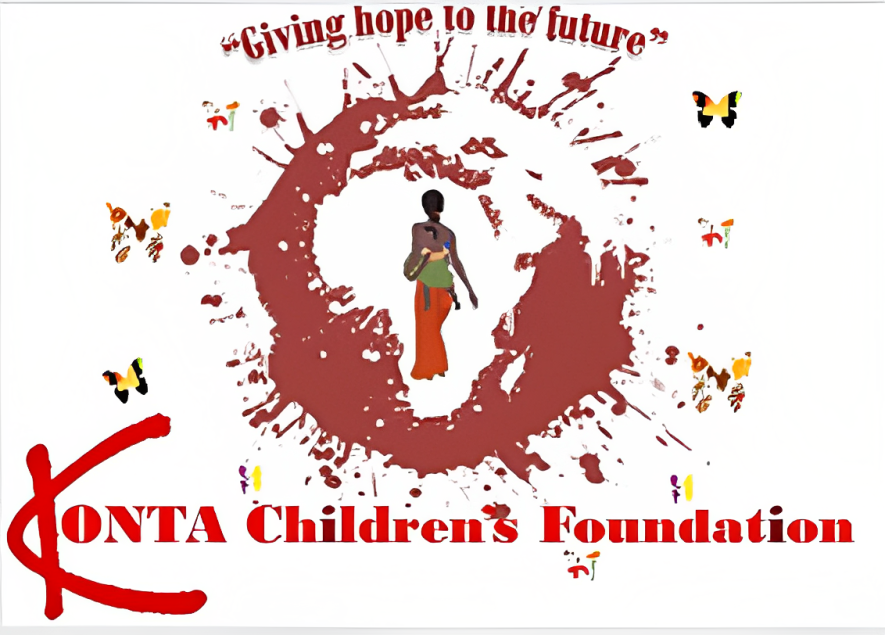MARVIN GAYE

Marvin Pentz Gay Jr., who also spelled his surname as Gaye (April 2, 1939 – April 1, 1984), was an American R&B and soul singer and songwriter. He helped to shape the sound of Motown in the 1960s, first as an in-house session player and later as a solo artist with a string of successes, earning him the nicknames “Prince of Motown” and “Prince of Soul”.
Gaye’s Motown songs include “Ain’t That Peculiar”, “How Sweet It Is (To Be Loved by You)”, and “I Heard It Through the Grapevine”. Gaye also recorded duets with Mary Wells, Kim Weston, Tammi Terrell, and Diana Ross. During the 1970s, Gaye recorded the albums What’s Going On and Let’s Get It On and became one of the first artists in Motown to break away from the reins of a production company.
His later recordings influenced several contemporary R&B subgenres, such as quiet storm and neo soul. “Sexual Healing”, released in 1982 on the album Midnight Love, won him his first two Grammy Awards. Gaye’s last televised appearances were at the 1983 NBA All-Star Game, where he sang “The Star-Spangled Banner”; Motown 25: Yesterday, Today, Forever; and Soul Train.
On April 1, 1984, on the eve of his 45th birthday, Gaye was shot and killed by his father, Marvin Gay Sr., at their house in Western Heights, Los Angeles, after an argument. Gay Sr. later pleaded no contest to voluntary manslaughter, and received a six-year suspended sentence and five years of probation. Many institutions have posthumously bestowed Gaye with awards and other honors including the Grammy Lifetime Achievement Award, and inductions into the Rhythm and Blues Music Hall of Fame, the Songwriters Hall of Fame, and the Rock and Roll Hall of Fame.
Marvin Pentz Gay Jr. was born on April 2, 1939, at Freedman’s Hospital in Washington, D.C., to church minister Marvin Gay Sr. and domestic worker Alberta Gay (née Cooper). His first home was in a public housing project, the Fairfax Apartments (now demolished) at 1617 1st Street SW in the Southwest Waterfront neighborhood. Although one of the city’s oldest neighborhoods, with many elegant Federal-style homes, most buildings were small, in extensive disrepair, and lacked both electricity and running water. The alleys were full of one- and two-story shacks, and nearly every dwelling was overcrowded. Gaye and his friends nicknamed the area “Simple City”, owing to it being “half-city, half country”.
Gaye was the second oldest of the couple’s four children. He had two sisters, Jeanne and Zeola, and one brother, Frankie Gaye. He also had two half-brothers: Michael Cooper, his mother’s son from a previous relationship, and Antwaun Carey Gay,[19] born as a result of his father’s extramarital affairs. Gaye attended Cardozo High School in Columbia Heights (Washington, D.C.)
Gaye started singing in church when he was four years old; his father often accompanied him on piano. Gaye and his family were part of a Pentecostal church known as the House of God that took its teachings from Pentecostalism, advocated strict conduct, and adhered to both the Old and New Testaments. Gaye developed a love of singing at an early age and was encouraged to pursue a professional music career after a performance at a school play at 11 singing Mario Lanza’s “Be My Love”. His home life consisted of “brutal whippings” by his father, who struck him for any shortcoming. The young Gaye described living in his father’s house as similar to “living with a king, a very peculiar, changeable, cruel, and all powerful king”. He felt that had his mother not consoled him and encouraged his singing, he would have committed suicide. His sister later explained that Gaye was beaten often, from age seven well into his teenage years.
Gaye attended Syphax Elementary School and then Randall Junior High School. Gaye began to take singing much more seriously in junior high, and he joined and became a singing star with the Randall Junior High Glee Club. In 1953 or 1954, the Gays moved into the East Capitol Dwellings public housing project in D.C.’s Capitol View neighborhood. Their townhouse apartment (Unit 12, 60th Street NE; now demolished) was Marvin’s home until 1962.
Gaye briefly attended Spingarn High School before transferring to Cardozo High School. At Cardozo, Gaye joined several doo-wop vocal groups, including the Dippers and the D.C. Tones. Gaye’s relationship with his father worsened during his teenage years, as his father would kick him out of the house often. In 1956, 17-year-old Gaye dropped out of high school and enlisted in the United States Air Force as a basic airman. His early disenchantment with the service was similar to most of his peers who were made to perform menial labor, not working on jet airplanes as hoped. Gaye later said he lost his virginity to a local prostitute while in the Air Force. He feigned mental illness and was given a “General Discharge”, with an outgoing performance review from his sergeant remarking “Airman Gay cannot adjust to regimentation nor authority”.
A 1959 promotional picture of Harvey and the New Moonglows. Gaye is second from the right behind a seated Fuqua. Following his discharge from the Air Force, Gaye and his good friend Reese Palmer formed the vocal quartet The Marquees. The group performed in the D.C. area and soon began working with Bo Diddley, who assigned the group to Columbia subsidiary OKeh Records after failing to get the group signed to his own label, Chess. The group’s sole single, “Wyatt Earp” (co-written by Bo Diddley), failed to chart and the group was soon dropped from the label. Gaye began composing music during this period.













